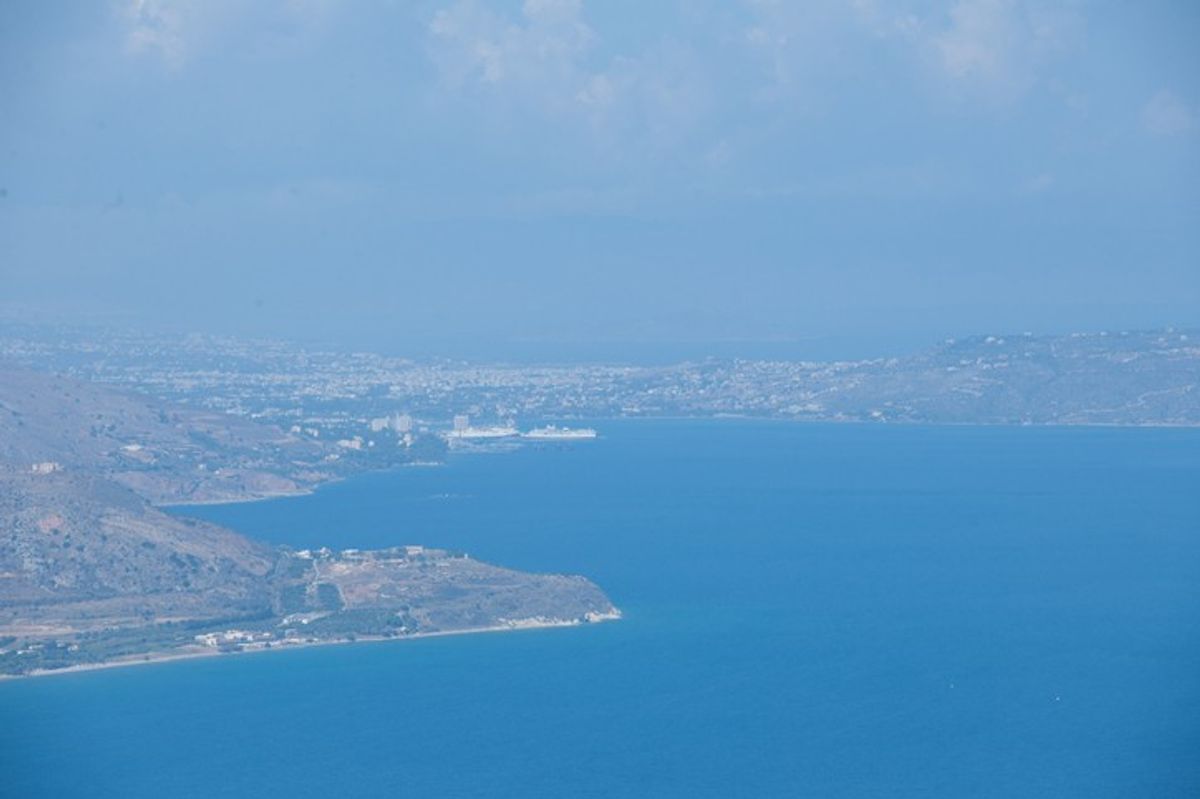There is a profound change in regional geopolitics in the Middle East after the Arab Spring. The societal demands for change in Arab countries led to the overthrow of several long-term authoritarian leaders and initially created an optimistic view of the future. However, the situation deteriorated, with state failures, the rise of non-state actors, civil wars, multi-country military involvements in a number of states, the rise of terrorism, and disastrous humanitarian conditions.
The regional turmoil had implications for Turkey in domestic and foreign policy. The new geopolitical (dis)order put Turkey at odds with Syria, Iraq, and Egypt, and created tension with Iran, Saudi Arabia and the United Arab Emirates. The rise of the Islamic State (IS), civil war in Syria, and state failure in Iraq led to the flow of an unprecedented number of people seeking refuge in Turkey. The number of refugees, mainly from Syria and Iraq, reached 2 million in the camps and main cities in Turkey.
In addition to the refugee flow, the situation with the Kurds in Syria complicated Turkey’s own Kurdish problem at home. The IS attacks on Syrian Kurds in Kobane started a series of developments that put an end to Turkey’s peace process with the PKK. There had been high hopes that the peace process would result in the de-militarization of the PKK, turning the Kurdish problem into a political one.
Turkey’s expectation of an easy overthrow of the Bashar Assad regime in Syria did not prove true. Iran and Russia provided unexpected support to Assad despite tremendous human disaster, with nearly 5 million people fleeing the country, 5 million internally displaced, and the death of more than 200,000 people. A similar tragedy is likely to occur in Yemen due to the Saudi-led military coalition against the Houthis in Yemen. This military involvement so far has only led to devastating damage to Yemen.
Turkey tried to keep this turmoil outside its borders. Turkish politicians adopted a critical position against the Assad regime and sided with the opposition to end his rule. The Turkish government blamed Assad and former Iraqi Prime Minister Nouri al-Maliki for state failures, the emergence of non-state actors, and the rise of terrorism. Turkish policy makers also held the U.S., the European Union, and the international community as a whole responsible for not taking the necessary action to help resolve problems in these countries.
However, after the regional turmoil spilled over into Turkey and the situation became worse in Syria and elsewhere, Turkish policy makers decided to take part in the U.S.-led military coalition against IS, opening Incirlik Air Base as a staging ground for the fight against the terrorists. Turkey is actively taking part in the air campaign against IS. Turkey also simultaneously attacked the PKK in Northern Iraq claiming it was part of the struggle against terrorism. In addition, Turkish policy makers are trying to persuade the U.S. administration and the international community to create a safe zone in Northern Syria in an effort to clear out IS and other terrorist elements from the Turkish border area. Although there is now tighter control of Turkish borders, there remains an open door policy to Syrians fleeing from the brutal Syrian regime.
Turkey considers the PYD, the dominant Kurdish group in Northern Syria, different than the PKK. The PYD is among the few groups on the ground fighting against IS, and Turkish policy makers do not want to hinder the PYD’s important role.
Turkey is also involved on the humanitarian side. The country hosts 2 million people from Syria and Iraq, and provides relatively better care to the refugees than other countries in the region. The Turkish state and civilian NGOs (non-governmental organizations) perform considerably well in addressing the needs of the refugees. Turkey hosted more than 200 thousand Syrian Kurds when IS attacked them in Kobane in northern Syria. Turkish humanitarian aid also extends to Iraq and Yemen, as well as to others.
Turkey faces three challenges: the increasing burden of the refugees, the situation with the Kurds at home and in surrounding countries, and the inefficiency of the fight against IS. Although Turkey is doing well in dealing with Syrian refuges, the situation is getting worse and more visible with people tragically dying on their way to other countries. This is a long-term problem with no possible solution in the short-to-medium term. Turkey’s fight against the PKK and its relationship with the PYD is a complex situation involving a delicate balance of internal and regional concerns. Finally, the IS claim of statehood, and its brutal terror tactics are a serious issue in Turkey.
This is a difficult time in the Middle East. A number of Arab countries are in turmoil, and regional countries—Iran and Saudi Arabia—offer no more than sectarian rivalry as a response. There is also a lack of attention by the international community, which is not likely to change course even after all of the tragic incidents impacting the Syrian refugees. Turkey has the capacity to play a role in regional stability. First, Turkey must pay substantial attention to putting its own house in order. Then, it must carefully develop policies in coordination with the U.S. and regional players to resolve a situation where the worst has not been seen yet.












